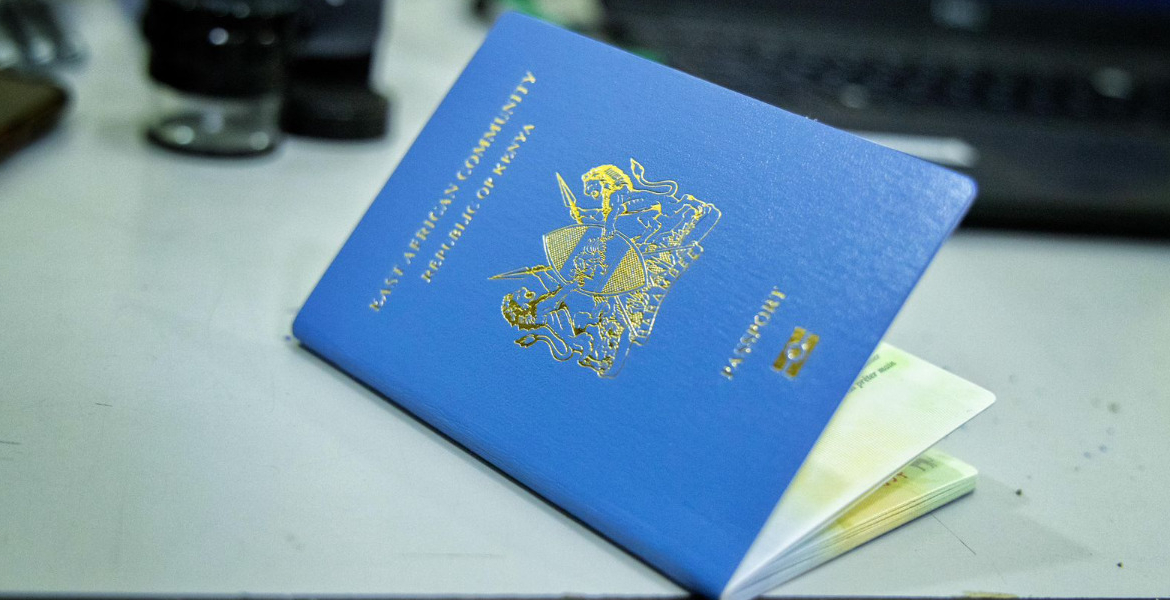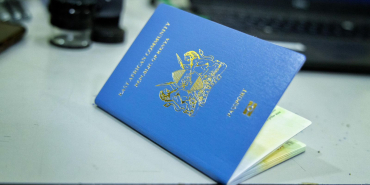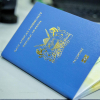Kenya’s Passport Falls to 70th in 2025 Global Rankings

Kenya has dropped to 70th place in the 2025 Henley Passport Index, with its citizens now able to access 70 countries without a visa or by obtaining one on arrival, down from 76 destinations last year.
Despite the decline, Kenya retains the most powerful passport in East Africa, ranking ahead of Uganda and Rwanda. However, the region continues to trail behind both African and global leaders in travel freedom.
Uganda is placed 72nd, with access to 67 destinations, while Rwanda ranks 75th, with visa-free or visa-on-arrival access to 63 countries. Kenya now shares its position with The Gambia and Tanzania, whose passport holders enjoy similar levels of mobility.
The fall in ranking reverses last year’s gains, when Kenya climbed six places to 67th. The recent drop highlights ongoing challenges in expanding international travel access for Kenyan citizens, even as the country works to improve inbound mobility.
In January 2024, Kenya launched an Electronic Travel Authorisation (ETA) system, replacing traditional visa requirements for most foreign visitors. The move was part of the government’s broader push to make the country more open to international travellers.
President William Ruto previously described visa requirements for incoming visitors as unfair and expressed a commitment to eventually eliminating them entirely.
The ETA initiative has contributed to a reported increase in tourism and foreign investment.
However, the benefits have not been matched by greater travel freedom for Kenyan nationals. The country’s limited number of bilateral visa waiver agreements continues to restrict its citizens' international mobility.
According to the Henley Passport Power Index, which evaluates passport access relative to global GDP, Kenyan passport holders currently have access to just 5.05% of global economic output. This is slightly below Tanzania’s 5.39%, and ahead of Mozambique and Rwanda, which stand at 4.86% and 4.49% respectively.
By contrast, Mauritius and Seychelles lead the continent in global mobility, with access to over 55% of global GDP. South Africa remains the top-ranked mainland African country at 15.49%, followed by North African nations such as Tunisia and Morocco.
East African countries continue to face obstacles in improving their global reach, due in part to limited diplomatic agreements and underdeveloped travel partnerships. At the global level, Singapore and South Korea top the 2025 index, with their passports allowing visa-free access to 192 destinations.
The widening gap between high and low mobility countries reflects broader inequalities in access to global opportunities, particularly in education, employment, and investment. A regional analyst noted that limited passport power restricts economic opportunities for East African citizens and may impede the region’s efforts to integrate into international markets.








Add new comment